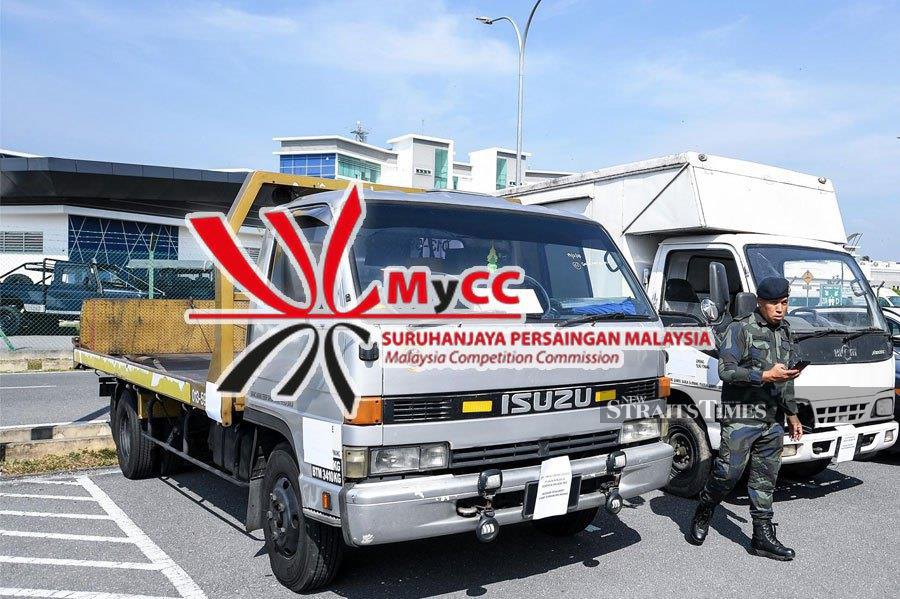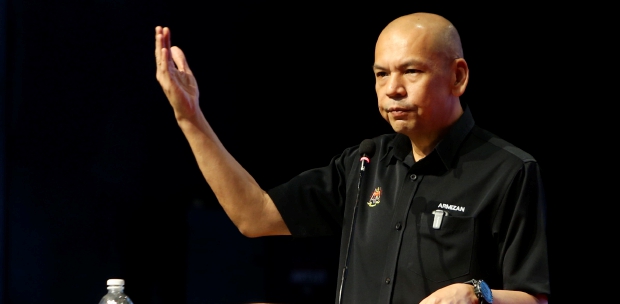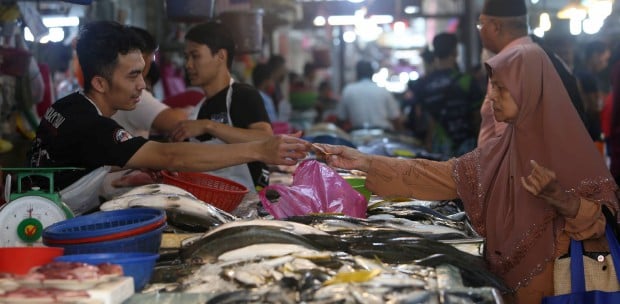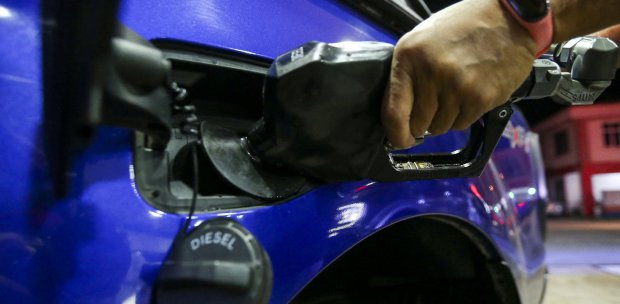The fuel fallout has begun. Several hours more to go for the sunset on Monday — the day Putrajaya rolled back diesel subsidies, setting the price at RM3.35 per litre from RM2.15 previously — businesses began signalling their intent to raise prices. Some even began posting notices warning customers of an impending hike in charges.
One media report even quoted a towing services company as saying it would raise its charges for towing a vehicle from Ipoh to Kuala Lumpur by RM300.
Strange economics at work here. Fixed-to-float prices are a paradise for unscrupulous traders. But the long arm of the law is, well, long enough to reach them, warns the Domestic Trade and Cost of Living Ministry.
While price gougers and profiteers have been put on notice by the ministry, the Malaysia Competition Commission (MyCC) is going after cartels. Warning must be followed by punishing fines for the guilty. This is the only way to show zero tolerance for misbehaving businesses.
Start with the ministry. As Domestic Trade and Cost of Living Minister Datuk Armizan Mohd Ali told the media on Tuesday, Op Kesan 2.0 comes armed with the long arm of the Price Control and Anti-Profiteering Act.
Its probe involves two aspects. First is the scrutiny of industries that are not covered by the Subsidised Diesel Control System, meaning non-fleet card holders. Towing service providers and concrete producers — two who have brazenly gone public with their price hikes — are certain to have the ministry's searchlights on them.
The second aspect will probe the construction industry, which the ministry says was never eligible for subsidies. Does this mean that towing service providers, concrete producers and construction companies can't raise prices?
Not at all. As price gouging and profiteering suggest, the law is there to tame sky high prices, not reasonable ones. What is and is not a reasonable price increase — mind the word increase, not hike or surge — depends on the circumstances.
Op Kesan 2.0 will be revealing. People have to come to live with the fact that businesses will ultimately pass the cost of goods and services to consumers. This is the reality of a market-driven economy. Businesses, too, must know that only reasonable costs will be tolerated.
Consumers' second hope in living a not too costly life is in MyCC doing a good job going after cartels and price-fixers. This the MyCC has promised to do on the very day the diesel subsidy was lifted. MyCC's ambit is anti-competitive behaviour.
What really is anti-competitive behaviour? MyCC chief executive officer Iskandar Ismail illustrates it thus: when businesses, say service providers, come together to create a fuel surcharge, then that is anti-competitive behaviour.
An outstanding example of zero tolerance for such behaviour is the RM415 million fine imposed by MyCC last year on five companies for fixing the price of chicken feed. Way to go, we say.
Some companies just need 415 million reasons to behave. It is time for the fuel price fixers and profiteers to get the chicken feed treatment. They will surely learn that RM415 million is no chicken feed. When the market fails at morality, the law must take its place.





